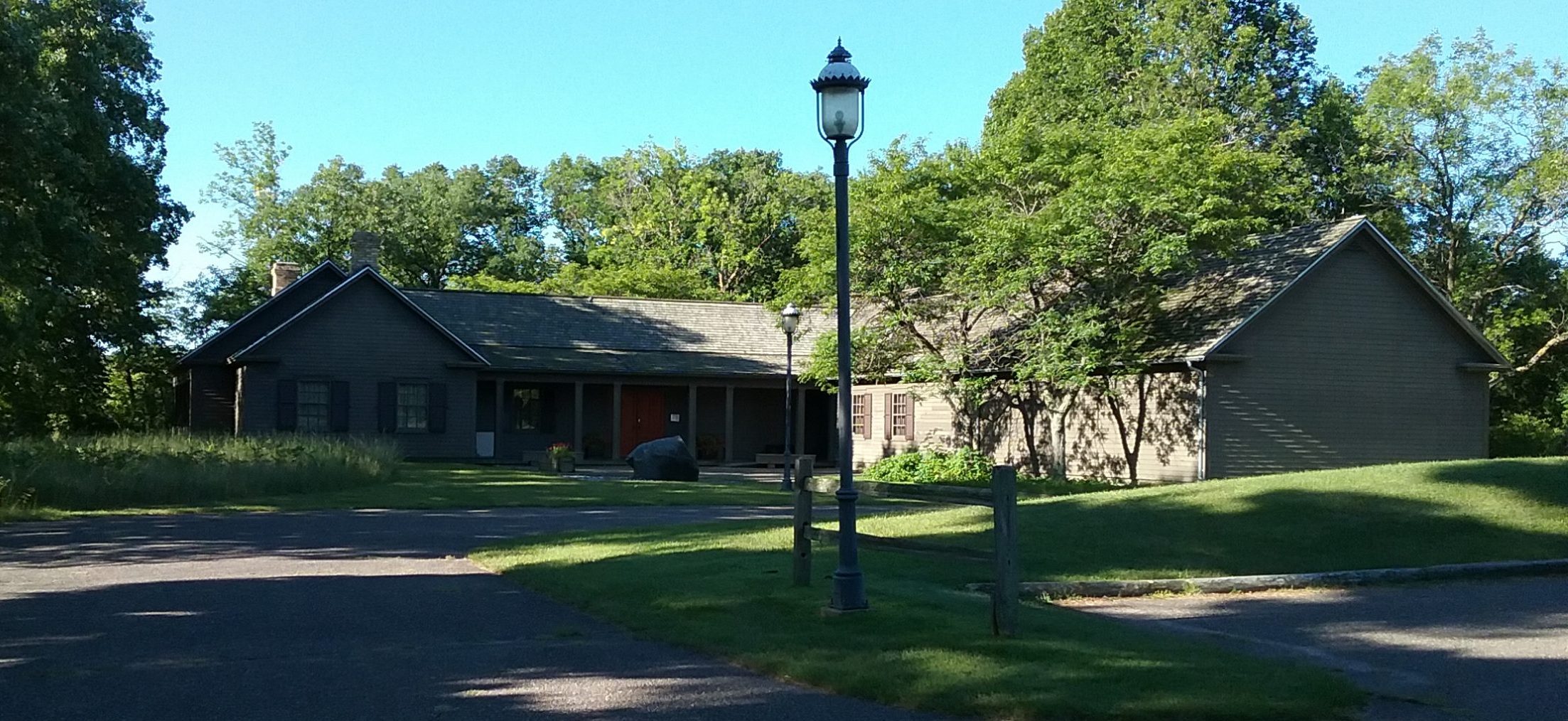This morning, when Ali was helping a researcher, I thought I heard a common question pop out of the researcher’s mouth. The question, confirmed by Ali, was “Do you have all these newspapers online?” Our answer is, “No, we don’t.”
Because we get the question so often, I thought I should take a few moments to explain why we don’t have local newspapers available online. There are several reasons.
First, the amount of work involved with scanning each page of every issue of the local newspapers would make this a monumental endeavor. Let’s do a little fuzzy math, shall we?
If we take our largest collection of newspapers – the morgue of the Little Falls Daily Transcript – we own a run of papers from 1892 through 1982. That’s 90 years worth of newspapers, printed at least 6 days per week – 6 x 52 = 312 issues per year x 90 years = 28,080 issues of 6-8 pages each. If we use the conservative figure of 6 pages per issue and multiply it by 28,080 issues, we get 168,480 pages to scan.
MCHS went online in 2002. At the time, historical organizations were getting familiar with an online environment and weren’t sure what it was going to do for us or our stakeholders. There also weren’t the easy-to-use tools available online that we have now. Let’s ignore those facts for a moment. If we had started in 2002 and staff had worked steadily on nothing but newspaper scanning between 2002 and 2010 (we’ll take whole years here to make it easier – fuzzy math, remember?), we’d have to have scanned 81 newspaper pages every single day the museum was open within that time (260 days per year within 8 years = 2,080 days open). With a paid staff of 4, one of whom is the custodian, another of whom is only here 2 days per week, we literally could have done nothing else within that 8 years – and that would mean scanning only one of the newspapers.
(Think about this for a moment – no newsletters, no Nathan Richardson book, no rotating exhibits, no school tours, no quilt shows, no assisting researchers, no events, no bill-paying, no Uncommon Focus photo project, no accessioning of collections items, no organizing the Stanek Photography collection, and no website to put the newspapers on. Those are some of the things that staff have done in the past 8 years.)
A second reason we don’t have all of the newspapers scanned is the technology. When scanning newspapers, ideally we’d want to scan a page in its entirety. That means owning a scanner with a bed large enough to accommodate a full newspaper page. Scanners of this size are not widely available from regular commercial outlets, nor are they affordable. The costs associated with the equipment we’d need for properly scanning newspapers are out of reach for MCHS.
Thirdly, we have to be concerned with copyright. Each of the newspapers in our collection has a copyright holder. While fair use allows us to make limited copies out of the papers for researchers for personal use and study, it does not allow us to make every issue available to the masses for ready reproduction on a broad scale. Granted, we could scan and put online every issue published prior to 1923 because they fall within public domain according to copyright law, but we’d have to get permission to do so for issues after that date. (That process is not as easy as it sounds.)
While researchers (and MCHS staff) would love to have every issue of past local newspapers readily available online (and searchable!), there are plenty of hurdles to getting them there. When it comes to museum work in general, there are always more tasks that need tending than there is time for the tending. Our decision-making about what we’re going to tackle involves weighing a number of factors.
With scanning newspapers, we weighed the factors mentioned above with our current methods of accessibility (researchers coming to museum to look up items, staff searching newspapers for requested info) and decided that those methods are sufficiently efficient and cost effective in comparison to what scanning would take.
There could come a time when the balance tips and the hurdles can be jumped so that newspaper scanning becomes feasible. (It’s also possible that another organization – Google?, the Minnesota Historical Society? – will accomplish this endeavor before we do.) Until that time, the old-school method of newspaper research will have to suffice.

Here is an update on the status of the digitization of the state’s newspapers from the Minnesota Historical Society:
http://discussions.mnhs.org/MNLocalHistory/?p=366
Feel free to weigh in on the discussion.
-Mary
chronicaling america has some newspapers online